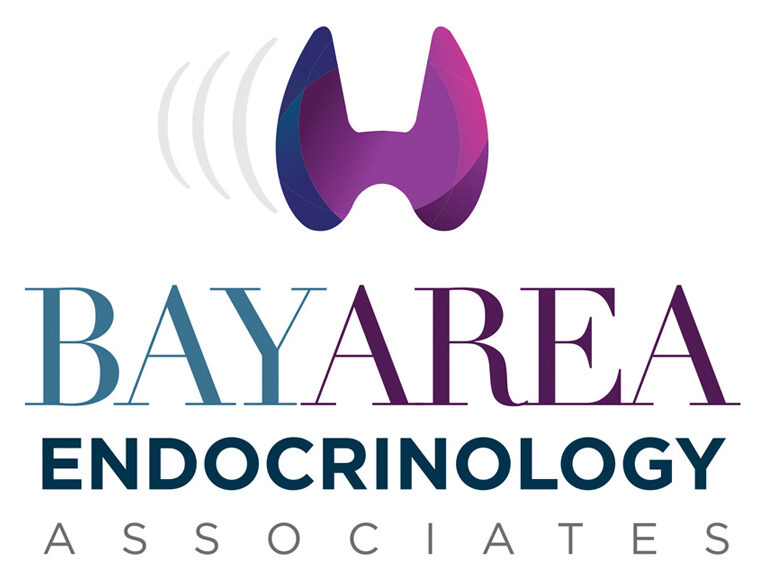Endocrinology is the study, diagnosing and treatment of the endocrine system. A physician who specialize in endocrinology is known as an endocrinologist. This type of physician focuses on helping patients better cope with any diseases, disorders or conditions that are associated with the endocrine system. Some of the conditions that endocrinologists help their patients deal with include common conditions such as diabetes and other ones that include infertility and hypothyroidism. Like all other physicians, endocrinologists need to meet certain requirements in order to practice in this specialty. They first need to complete a bachelor’s degree and then take the Medical College Admissions Test. After fulfilling these requirements, they will need to attend medical school and graduate. As soon as they finish medical school, they will need to complete a residency and fellowship. This usually lasts at least 3 years. Once they complete the residency, they will then need to pass the medical board of examiners test and get their license to practice medicine. As soon as they are licensed to practice medicine, endocrinologists should be very knowledgeable about the endocrine system and its disorders. They also need to be know about all of the available treatments as well. Along with being an expert of the endocrine system, endocrinologists will also need to have strong interpersonal skills in order to provide the best care for patients.
Diagnosing Hormone Disorders
One of the primary responsibilities of an endocrinologist in Tampa is to diagnose hormone disorders. Many of these disorders are due to problems with the thyroid. One of the most common types of disorders that endocrinologists diagnose is diabetes mellitus. This is a condition in which a person has high blood sugar and as a result, their endocrine system is negatively affected by it. Some other conditions such as acromegaly, Addison’s disease and Cushing’s Syndrome are among the most common as well. Acromegaly is an overproduction growth hormones. Addison’s disease is when a person experiences a decrease in production of hormones of their adrenal glands. Endocrinologists also treat conditions such as Graves’ disease which is a type of hypothyroidism that results in an excess production of hormones. Whenever a patient has these conditions, endocrinologists will need to gather information about the patient’s symptoms as well as connect this information to the common symptoms of these conditions. Once the physician is able to determine the cause of these symptoms, they are then able to make a diagnosis. They also conduct tests in order to learn more about the symptoms and find the proper cause of the condition. Shortly after making the diagnosis, endocrinologists then need to come up with and assign a treatment plan to help patients either overcome the condition or find the best way to cope with it in their daily life.
Treating Various Disorders of the Endocrine System
Another key responsibility of an endocrinologist is to treat any one of the disorders that patients have. These treatments depend on the exact condition as well as any other medical conditions that a patient has. In many cases, the conditions associated with the endocrine system are very mild and don’t require treatment. However, when they do get severe enough, patients will often look to endocrinologists to get assistance. The primary treatment that patients receive for any endocrine system conditions is synthetic hormone administration. They will often receive medications and injections to help address an imbalance with their hormones. While balancing the hormone levels is the most common type of treatment, endocrinologists may also use surgery or radiation therapy as well. These treatments are often given if there is a noncancerous tumor causing the condition. With surgery, a patient will have the tumor removed from a brief procedure. After the procedure, they will be required to rest and recover for a while. With radiation therapy, a patient will need to go to a hospital or clinic and receive regular radiation scans in order to eliminate the tumor from their body. No matter which type of treatment that is given, most endocrine system disorders go away within a matter of weeks.
Assisting Patients Cope with Physical Limitations
Whenever a patient is dealing with an endocrine disorder, a physician will often look for ways to assist them if they have physical limitations. There are a number of ways in which endocrinologists help their patients better cope with any physical limitations associated with endocrine disorders. With these options, endocrinologists help patients not only overcome their conditions but also find ways to regain their physical strength, mobility and emotional well being. One of the ways in which endocrinologists help their patients address any physical limitations is with physical therapy. A physician will refer a patient to visit a physical therapist on a regular basis. The physical therapist will help a patient improve their strength and physical endurance. They will also help a patient regain their ability to walk normally, stand up and lift items as well. Physical therapy has proven to be an ideal treatment option for those who are suffering from physical ailments due to an endocrine system disorder. As well as recommending physical therapy, endocrinologists also help their patients cope with physical limitations by recommending an exercise program and a healthy diet. These two things allow a patient to restore their ability to function better physically and complete tasks in their everyday life. When looking to assist patients with physical limitations, endocrinologists focus on prescribing a combination of traditional treatments, exercise and physical therapy in order to get the best results.








